China is on track to become the world’s most powerful economy, and it will probably hold that status for a long time. To understand this juggernaut, turn to expert Sinologists Alex Mackinnon and Barnaby Powell. Their book may not be terribly original, but it examines modern-day China from multiple important perspectives. getAbstract recommends this book to those who want to understand the economic reality of China today and in the future – beyond the cardboard cutout that Western politicians routinely wheel out to scare their constituents.
China on the March
China is ascending, while the West is in apparent decline. China is assuming control of world trade, along with a notable portion of the globe’s resources. Now the world’s primary banker, and eventually its dominant economy, China basically subsidizes the West. China is thrifty and pragmatic. Private Chinese debt is just below 14% of GDP. In the Western nations, private debt amounts to 140% to 180% of GDP. China holds sway in most of the world’s financial markets. This unnerves Western nations; they are suspicious and critical of China, and leery of its fiscal power. Western leaders think that China wants to achieve world dominance, which it will attain through take-no-prisoners competition, along with its many trade and investment initiatives. However, this is simply untrue.
Networks of Trust
In China, business and personal relationships revolve around guanxi, networks of transactions, resources, and information based on trust. Guanxi encapsulates the concept of mutual obligation. If you are not part of a guanxi network, you will not gain the trust of the Chinese. Most foreigners are outside these networks. Since democracy involves...









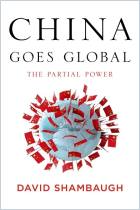
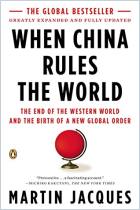
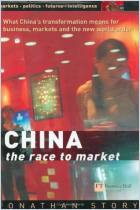
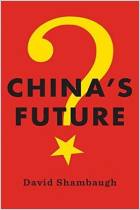
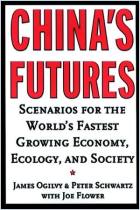
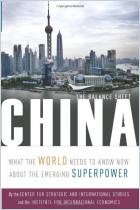



Comment on this summary or Comenzar discusión